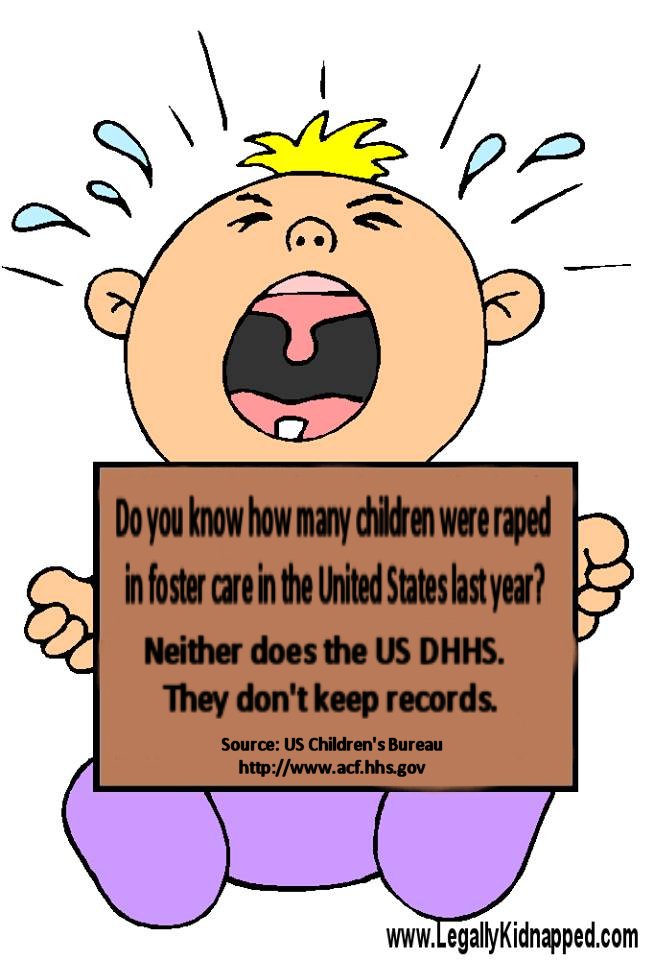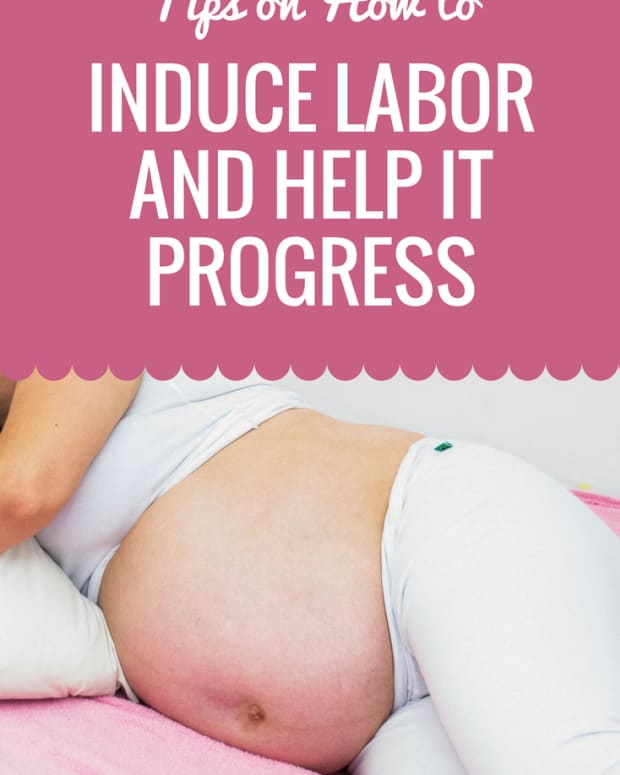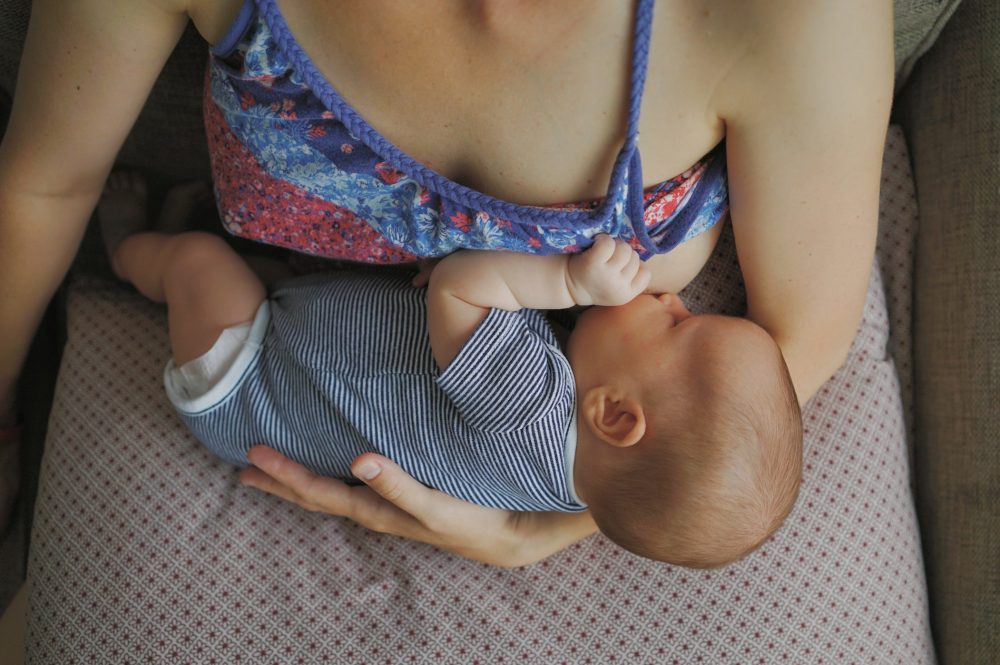How can foster care affect the mind of a child
How Can Foster Care Affect the Mind & Behavior Patterns of a Child?
By Taylor DiVico Updated September 26, 2017
BananaStock/BananaStock/Getty Images
It might seem like the best solution to a dysfunctional or abusive home, but foster care can have lasting effects on the mind and behavior patterns of children within the system. Foster children move from one placement to the next at the discretion of case workers and the foster care system. This lack of control over their own lives and uncertainty in their future circumstances causes negative emotions, disorders and behaviors, stemming from abandonment and instability.
Low Self-esteem
Feelings of abandonment and displacement in foster children result from being separated from biological parents -- even when those parents might have been abusive or neglectful -- and moved from one place to the next within the foster care system. This sense of abandonment and lack of attachment can lead to low self-esteem in foster children who often feeling damaged, unwanted, unattached and unlovable. This basic desire to feel wanted and deserving of love can lead to behavioral patterns of neediness and a desire for numbness, which can lead to promiscuity and drug use. The constant search for approval can lead to perfectionism, paranoia, eating disorders and suicidal tendencies. Foster care can also cause behavioral problems such as bullying because foster children who harbor anger and sadness over their own feelings of inadequacy often want to promote the same feelings in others.
Attachment Problems
Foster care can prevent kids from forming healthy relationships and bonds with peers and adults if they constantly change foster homes. Multiple caregivers, abuse, neglect and abandonment can result in reactive attachment disorder, signified by strained relationships and a general lack of interested in socialization with others. The mental effects include distrust, and uncertainty in others, heightened by anxiety, fear and depression. Behavioral symptoms include:
- avoidance of physical contact
- straying from social interaction
- remaining withdrawn
- acting preoccupied or detached from people or activities
- devoid of outward emotion
- wanting to remain alone
Defiance
Moving through the foster care system can stunt a child's emotional and mental development, particularly in those children who have experienced abuse, inadequate care and a lack of discipline or supervision.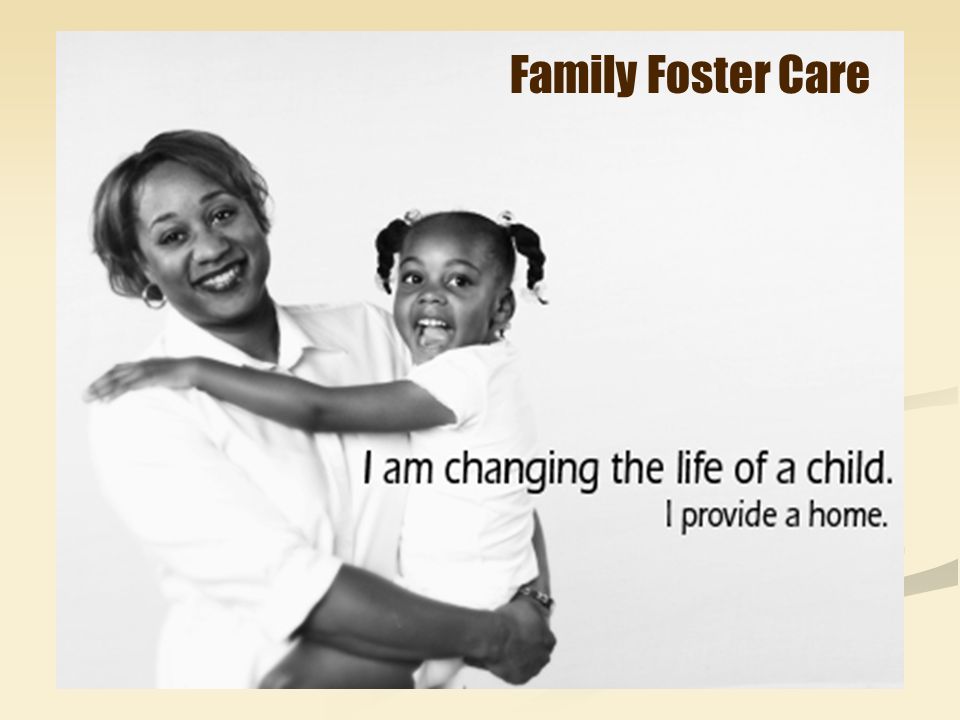
Narcissism
The result of foster care and frequent changes in homes and caregivers can result in feelings of shame and a general dislike for one's self. Such a mental state combined with common foster care issues such as a lack of praise, affection, values and boundaries can lead to a general desire to belittle others, categorized as narcissism. A foster child that develops narcissistic personality disorder is affected mentally by not feeling accountable for his or her own actions, by exhibiting general apathy for others and by acting self-consumed, stemming from intrinsic jealousy and rejection 3. Behavior patterns include causing strained relationships by making others feel inferior, taking advantage of others, lacking empathy for feelings or situations, monopolizing conversations and seeking constant praise.
How Does Foster Care Affect a Child’s Development?
March 23, 2018
A foster child’s development is already affected negatively by the time he/she enters foster care.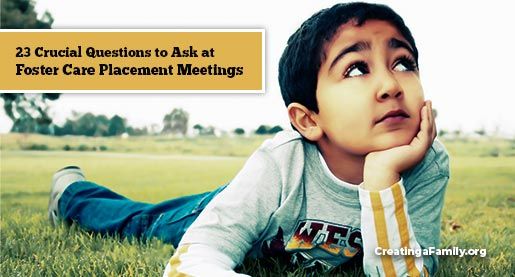 All foster children have one special need or another. Most foster children are in care due to abuse, neglect, or abandonment; those factors alone affect development. Foster kids are in care through no fault of their own and being in care add a whole new set of development issues on top of the already obvious ones. Here are a few positive aspects of foster care that can improve the lives of children.
All foster children have one special need or another. Most foster children are in care due to abuse, neglect, or abandonment; those factors alone affect development. Foster kids are in care through no fault of their own and being in care add a whole new set of development issues on top of the already obvious ones. Here are a few positive aspects of foster care that can improve the lives of children.
- Mental development
Many children in care have dealt with mental trauma like, “Where will we sleep tonight?” or “I wonder if we will be able to eat tonight.” or “I hope mom and dad don’t fight tonight.” Fears of policemen, strangers, or parents’ behaviors are also real fears. Though they bring some of those fears with them when they enter care. Even though they will be well-fed, have a roof over their heads, and have a warm bed to sleep in at night, the fears will still be there. Let me be clear, a child’s mental health issues don’t simply go away due to a change of scenery.![]() However, once in care, a child has an opportunity to receive the mental health services that they may not have otherwise received.
However, once in care, a child has an opportunity to receive the mental health services that they may not have otherwise received.
- Physical development
Most foster children enter foster care far behind their peers physically. They are either underweight, overweight, or shorter than their peers. Foster parents do a great job at assisting a foster child with an appropriate diet, healthy snacks, and reasonable bedtimes. It only takes a few months to see a noticeable difference. They may always struggle with the fear of going hungry. The reality is that they will have a full refrigerator, a full cupboard, and three-square meals a day.
Some foster children enter care with medically complex issues such as substance-exposed newborns. Others are developmental delays such as autism, Down syndrome or epilepsy. These precious ones deserve special 1:1 attention from foster parents who receive extra training.
- Emotional development
Children in care have emotional needs that other children do not have. They have either been emotionally maltreated or may have had parents who were either physically absent or emotionally distant. Therefore, foster kids develop coping mechanisms to make up for that loss. Behaviors like food-hoarding or head-banging or constant crying are common. They may look very strange to us, especially if we compare them with our own biological children. But children who have experienced trauma express their needs differently because they are unable to verbalize their feelings. If we meet a child where they are and get them the help they need in behavioral health or developmental services their chances of improvement are greatly improved.
They have either been emotionally maltreated or may have had parents who were either physically absent or emotionally distant. Therefore, foster kids develop coping mechanisms to make up for that loss. Behaviors like food-hoarding or head-banging or constant crying are common. They may look very strange to us, especially if we compare them with our own biological children. But children who have experienced trauma express their needs differently because they are unable to verbalize their feelings. If we meet a child where they are and get them the help they need in behavioral health or developmental services their chances of improvement are greatly improved.
- Social development
Foster youth are usually behind their peers socially. It’s not uncommon to find a 12-year-old hanging out with 8-year olds. If they are delayed emotionally, or physically, they may feel more comfortable with younger youth. They may be the kids that stick out like a sore thumb because of their behaviors.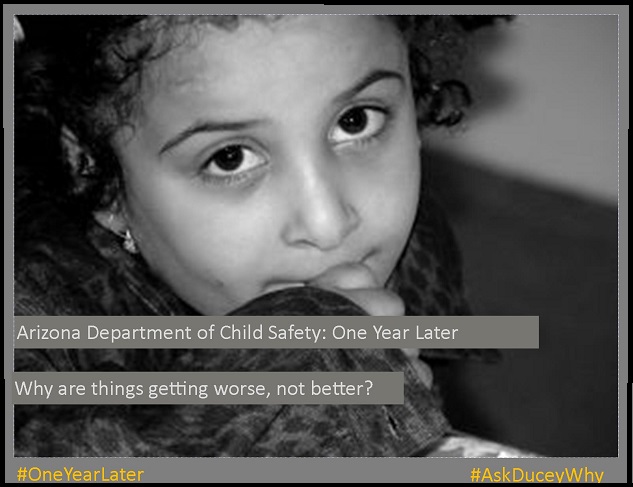 Or they may simply be awkward in social situations because it is all new to them. They may never have experienced Christmas, or Thanksgiving, or a new Easter dress, or a theme park, or a church. Foster parents need to prepare foster youth for social gatherings to minimize embarrassing situations. These situations will come one way or another. But it’s up to the foster parent to assist the foster youth through turbulent times.
Or they may simply be awkward in social situations because it is all new to them. They may never have experienced Christmas, or Thanksgiving, or a new Easter dress, or a theme park, or a church. Foster parents need to prepare foster youth for social gatherings to minimize embarrassing situations. These situations will come one way or another. But it’s up to the foster parent to assist the foster youth through turbulent times.
- Spiritual/Moral development
“F… you!” could be part of the vocabulary of a two-year-old foster child; not because she understands the words, but because she is simply mimicking what she has heard in her home. It is not uncommon for a foster child to steal or hit others or to lie. Though this may shock our conscience, we need to realize a foster child may not have a developed conscience. He has had to do this to survive. While we are viewing these behaviors as immoral, they are viewing these actions as meeting their own needs. Foster parents, rather than over-reacting to behaviors, need to find the need behind the behavior. If we meet the child’s needs, the behaviors will likely subside. Not overnight, mind you.
Foster parents, rather than over-reacting to behaviors, need to find the need behind the behavior. If we meet the child’s needs, the behaviors will likely subside. Not overnight, mind you.
There is no quick fix for aiding a foster child’s development. There is no magic pill. It will take time, patience, support, training, and a lot of thick skin. If you are committed to meeting a child where he is and if you can give unconditional love, you can make a difference in the life of a foster kid and see developmental growth like you’ve never imagined!
For more information about foster care and adoption, go to Adoption.com.
Derek Williams is an adoption social worker and has been in the field of child welfare and behavioral health since 2006, where he has assisted families in their adoption journey. He and his wife started their adoption journey in 1993 and have eight children, six of which are adopted. His adopted children are all different ethnicities including East Indian, Jamaican and Native American.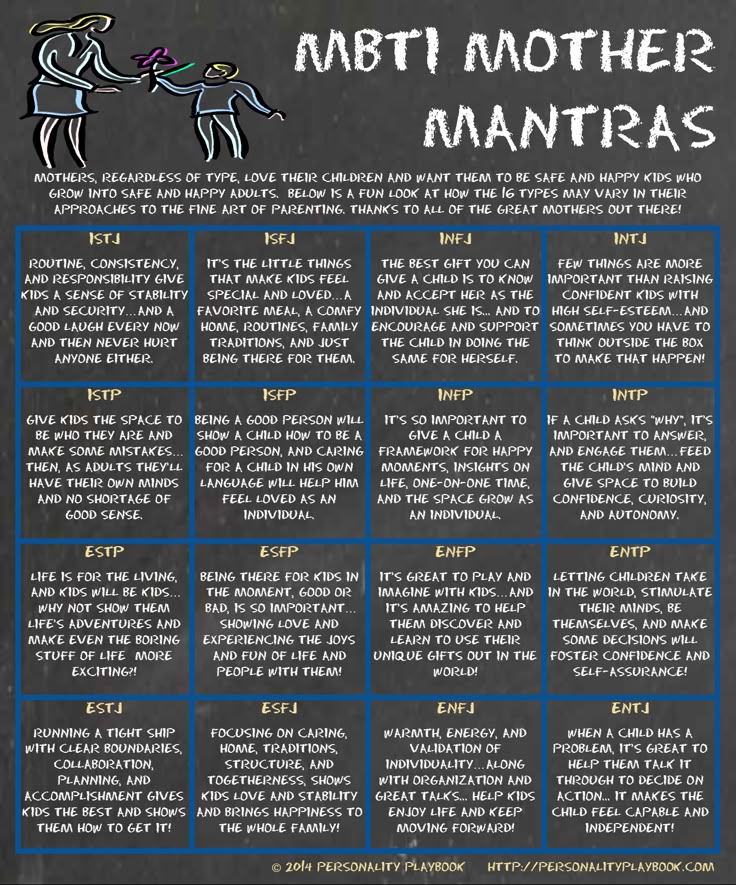 He loves traveling with his family, especially to the East Coast and to the West Coast and is an avid NY Mets fan! Foster care and adoption are his passions and callings for Derek, and he is pleased to share his experiences with others who are like-minded.
He loves traveling with his family, especially to the East Coast and to the West Coast and is an avid NY Mets fan! Foster care and adoption are his passions and callings for Derek, and he is pleased to share his experiences with others who are like-minded.
Adoption Articles More Blogs
More Blogs
Get email alerts when we add new adoption articles.
Adopted child in the family
The period of adaptation of family life when adopting a child is quite difficult. On the one hand, it may seem that the main thing is just to love a child, and then all problems and difficulties will be solved by themselves. But it is not so. The fact is that in the case of a foster child, there are some differences that make adaptation and family life special. And here it is important not only to love the child, but also to have the necessary information and knowledge.
It must be remembered that a difficult event happened in the life of every adopted child - he lost his family and parents.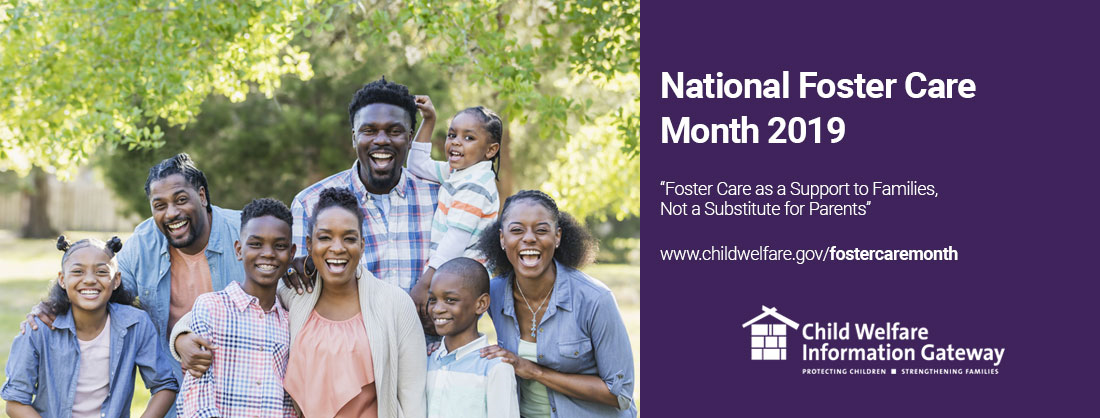 Very young children (up to a year or two) may not remember this consciously, but, nevertheless, all this leaves a mark on their lives: they may develop an attachment disorder, often a developmental lag. Older children, as a rule, experience severe stress, fear, pain of losing one of the foundations of their lives. All this cannot but affect not only their development, but also their psychological state, perception of the world and themselves in it.
Very young children (up to a year or two) may not remember this consciously, but, nevertheless, all this leaves a mark on their lives: they may develop an attachment disorder, often a developmental lag. Older children, as a rule, experience severe stress, fear, pain of losing one of the foundations of their lives. All this cannot but affect not only their development, but also their psychological state, perception of the world and themselves in it.
That is why it is important for adoptive parents to have not only love for the child and a general positive attitude, but also certain knowledge, as well as a willingness to accept the help of specialists.
Attachment problems
Prospective adoptive parents or guardians need to be aware of attachment disorders that occur in foster children. These violations are the root of many problematic situations, so if a parent understands what is happening with his adopted child, then it is easier for him to maintain self-control himself, as well as find an approach to the child and solve problems that arise.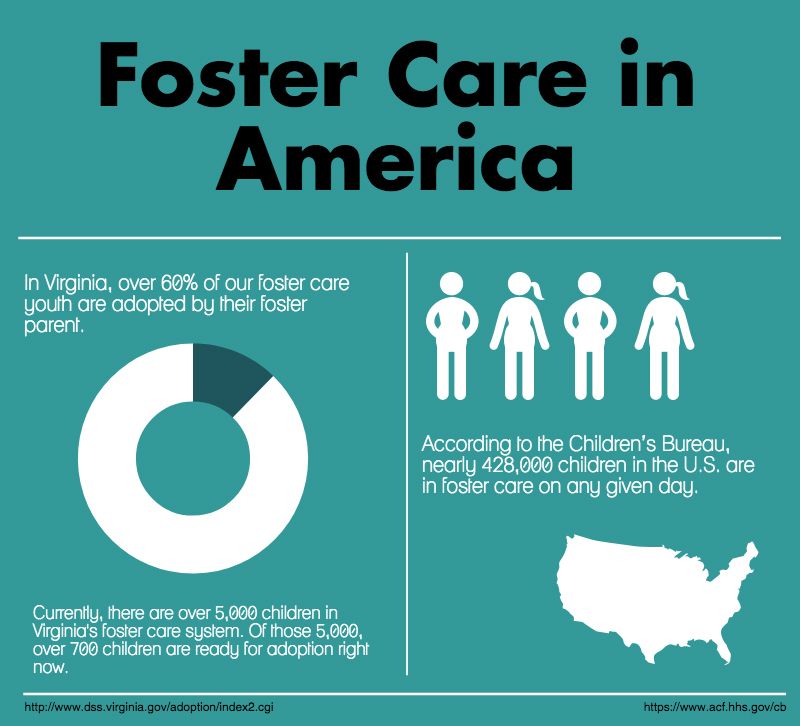
Attachment is the desire to maintain and maintain an intimate relationship with another person. This is a need for closeness, communication, trust. It has been scientifically proven that emotional warmth affects the development of children. The care and participation of an adult allows the child to learn from adults, to trust both people and the world as such. If a small child has not had the experience of long-term close relationships with one person, or these relationships have been interrupted several times and not restored, then his ability to maintain attachment is reduced or lost, in connection with which, for example, the following situations may arise:
- child provokes, deliberately irritates parents, tests for strength;
- the child may not allow trusting relationships with any adult at all. He is closed, emotionally cold. He is not aggressive, but avoids intimate relationships;
- the child is either rude and provokes, or behaves in exactly the opposite way - looking for affection and attention;
- child deliberately violates boundaries, does not feel sympathy, prefers to be feared.
 In these cases, violent and destructive actions can be observed;
In these cases, violent and destructive actions can be observed; - the child is looking for mom and dad in all the people around him, ready to be affectionate with everyone. Quality here is replaced by quantity.
Typically, the behavior of a child with an attachment disorder can be classified into one of the types described above. Parents need to know that almost all of them are corrected, but it takes time, patience, and sometimes the help of specialists. Situations with cruel, destructive behavior of a child require separate control, because it is especially difficult to achieve the socialization of such a child.
Is it necessary to tell the child about the birth family?
Whether to tell a child about his biological parents, and how to do it - this question worries almost all adoptive parents. On the one hand, it may seem that talking about blood parents will bring up sad or unpleasant memories, and adoptive parents avoid this. But if you do not talk about something, this does not mean that the child will not think about it, and the situation as such will not change.
The first question is whether it is worth telling the child that he is adopted. This question, as a rule, arises in the case of the adoption of very young children who cannot yet consciously remember their parents.
If you answer this question briefly, then adoption specialists say unequivocally - yes, the child needs to be informed. And this is confirmed by decades of practice and thousands of families in which difficulties arose precisely because of attempts to keep a secret.
Some adoptive parents are trying to create a mystery, and the mystery shrouds many relatives and friends of the family. Growing up children often already guess that they are not being told something. Cases when the secret nevertheless becomes clear occur frequently, but the consequences of this for a child (at any age, even an adult) are very difficult. He suffers from a sense of trust in the world, belonging to his family. Family conflicts arise, sometimes very difficult. There may even be a break with foster parents on an emotional wave.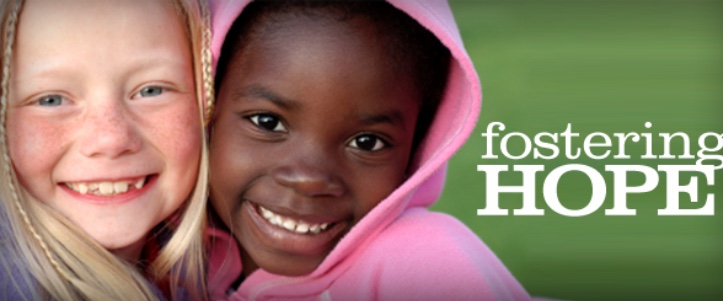 Therefore, telling the child about his birth parents in time and correctly is the way to ensure that the child accepts this situation in the least painful way.
Therefore, telling the child about his birth parents in time and correctly is the way to ensure that the child accepts this situation in the least painful way.
The sooner this is done, the better. A small child will take it for granted, and then just gradually grow up with it. Maybe he will remember this very rarely. But in any case, this information will no longer be a shock to him and in itself will not be an obstacle to the formation of close relationships with the foster family.
If the adoptive parents feel some kind of inconvenience, fear, shame to talk about it, then it is better to first deal with their feelings and their cause. As a rule, in all guardianship authorities there are schools for adoptive parents, where psychologists specialize in these topics. Other psychological services can also be consulted. The main thing is that the adoptive mother or father can regain confidence and calmness.
Three stages of adaptation
There are three conditional stages that a family goes through after adopting a child.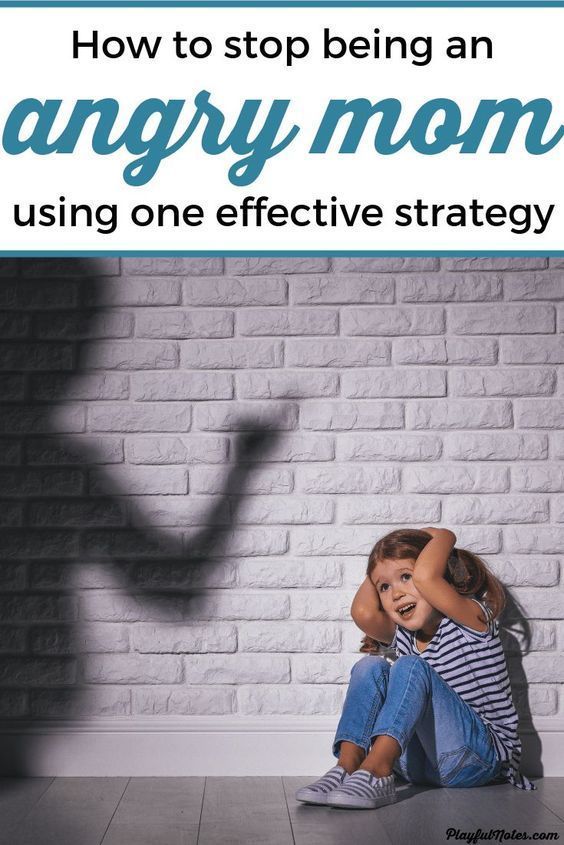
First - idealization
For both the child and the adoptive parents, the future life is painted in a rainbow light. Everyone tries to please each other. This is an important stage, and high expectations somewhat smooth out the change of environment for the child and help to establish contact.
In no more than a month or two, inevitable conflicts appear, because the child has to adapt to new rules, and parents have to change their lives. And the next stage begins...
Adaptation in the family
Now the child can already demonstrate the fear of attachment to new people, and test the new rules for strength, and intensely yearn for a birth family or a children's institution. Children may not obey, show aggression.
Here, the adoptive parents will need maximum patience, perseverance, flexibility, the ability to build a dialogue, to seek compromises. This stage lasts about 6 months, and as a result, a sense of community and trust should appear in the family.
After this conflict and difficult period, as a rule, a more stable state sets in, when the child is integrated into the new routine, and the family accepts the child. At this stage, you can talk with the child about his past, create new family traditions and rules.
Tips for adapting a child to a foster family
Comfort and support
Almost all children who leave orphanages experience a feeling of sadness. They may worry about the loss of their blood family, and about parting with friends from the orphanage that has become familiar, and simply about the difficulty of adapting to a new place. Parents need to be given the opportunity to cry out, express their feelings, and at the same time be there, try to calm the child and show their support, care and attention.
Daily routine and new rules
It is difficult for a child to adapt, so you need to explain the new rules, the daily routine as clearly, in detail, calmly as possible. About what will happen on each day of the week. This certainty will help the child feel more confident and calm.
About what will happen on each day of the week. This certainty will help the child feel more confident and calm.
Adults need to help and support the child. Help to pack for school, plan a schedule.
Physical health care, clothing and personal effects
It is advisable to take into account the child's preferences in food, find out what he likes. Help him fall asleep in the evening, be with him. Maybe he is not used to sleeping in a room alone - then you can temporarily turn on the night light, open the door or sleep with him in the room. Such simple care can greatly facilitate the adaptation of the child.
Waiting for the return love of a foster child
Parents can take the initiative in their affection, care, expression of love and warmth, but not wait for a response from the child. It is quite normal that it will not appear immediately. The manifestation of your feelings must also be monitored - for example, if hugs are unpleasant for a child, you can simply take his hand first.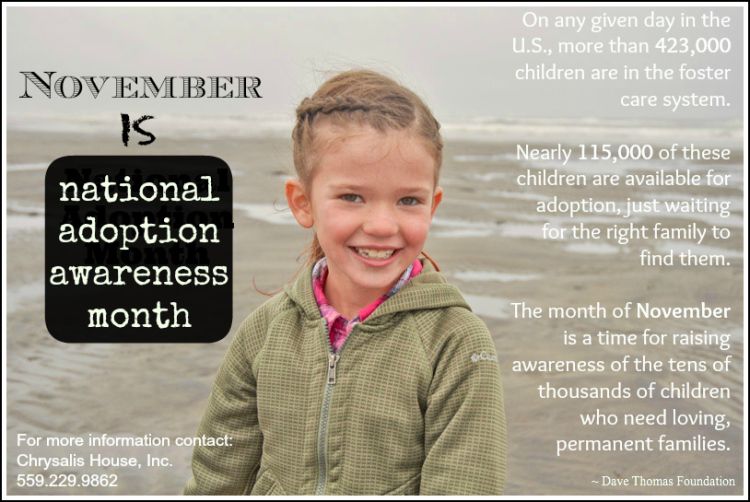
Memories of a Child
The child may yearn for his past. If he does not remember it, he can invent fictitious facts. It is important for a child to have an idea about his past, and some children from the orphanage have absolutely no information other than the name of the parent and place of residence. It appears as if there is a gap, an empty space. And this is bad for the formation of the psyche of the child.
It is for this purpose that the foster family can create collages, pictures and even fictitious photo albums, which will contain everything that in one way or another concerned the life of the child. Pictures of his city, pictures of what his parents might have looked like. And in this story of his life there will be the moment of his appearance in a new family and photographs of his growing up. Thus, you can tell the child that there are blood parents to whom he was born, and there is a family in which he will grow up as his own child.
Of course, the topic of adoption and adaptation of a child in a family is very extensive, and we have considered only some issues.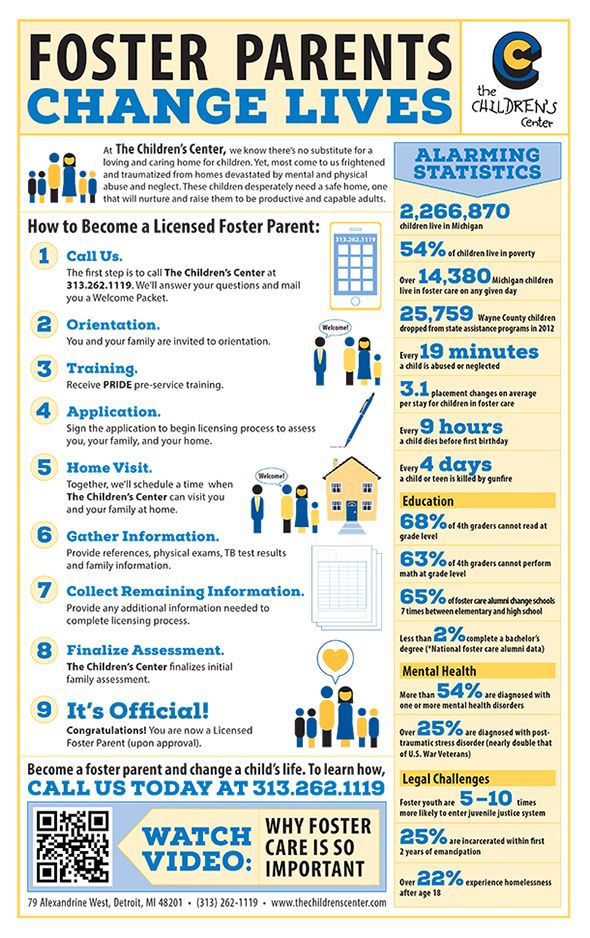 The main thing is that future adoptive parents should prepare for adoption in advance, read literature, attend special classes. This will help to go through the adaptation period as easily and quickly as possible and create an atmosphere of warmth and trust in the family.
The main thing is that future adoptive parents should prepare for adoption in advance, read literature, attend special classes. This will help to go through the adaptation period as easily and quickly as possible and create an atmosphere of warmth and trust in the family.
Back
Foster parents vs. biological parents. Meeting without meeting., Psychology – Gestalt Club
When an adult couple decides to become a foster family (it is not so important what legal form is chosen: guardianship, foster family, adoption, etc.) - nothing foreshadows problems. In the guardianship authorities (RF), the Board of Trustees (Ukraine) can only ask the question "Are you sure you are ready?". And the guys say "yes! We ready!". Without specifying the question - what exactly are they ready for. Fantasies about the child (or children) are large and, in the vast majority, light, and the assumption of hypothetically probable problems - foggy.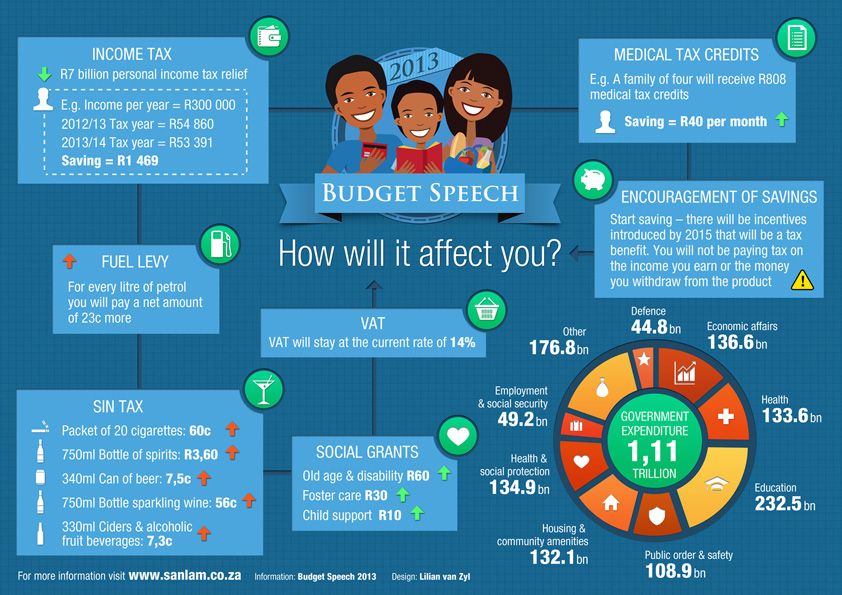
But when the hour X comes, the child is already at home almost a month or three. Problems begin. The older the child, the more problems are clear and visible. Not very clear "how and from where". Just as you are now reading this article, in which nothing foreshadows that it will be about a "meeting" adoptive parents with the biological parents of the child who was taken into the family.
Let's go back to the beginning. Schools for foster parents do not pay great attention to the motivation of potential adopters parents. It is believed that the main thing is to take the child "and there we'll see." That is, what role and task will the child have for these foster parents - not so (as if) important. Yes, Indeed, in order to deal with motivation, you need to spend many hours of psychological consultations or psychotherapy with this specific couple. At the same time, do not limit yourself to the "presented" motivation, but to clarify the true. Called the mouth (or on paper) motivation may sound approximately the same: "I want to help an abandoned child", "no children, but I want to have one", "everyone has it and I need it", "to pass on to someone what I can and have", "there will be someone to serve a glass of water in old age", "to please my mother with a grandson", etc.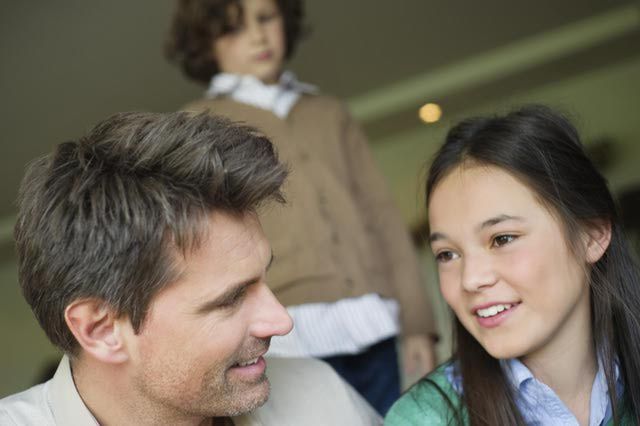 At the same time, what lies beneath it is of little interest to anyone.
At the same time, what lies beneath it is of little interest to anyone.
Professionals working in the social organizations, we are sure: true motivation does not play a significant role role in how she will affect this foster family. Returns of children (and their retraumatization) continue. No one analyzes reason. Practically written something about "didn't get along characters." If you study true motivation, you will have to rewrite manuals. Do not issue a document to everyone, oh opportunities to be a foster family (guardians, adoptive parents, etc.). And this is fraught with a decrease in the numbers of "reporting" on sending children to families.
In the meantime, true motivation affects. Almost like in the usual family system with "self-made" children. But only here, in the foster family, there is still a story of a child before his appearance in this family ... and therefore the problem of internal motivation becomes more difficult.
Intrinsic motivation can be problems of unresolved conflicts in the parental family themselves foster parents (each of them), and all the rest, from them outgoing: the habit of building and being in a co-dependent relationship, perfectionism, the race for social approval, gaining recognition in any way, etc.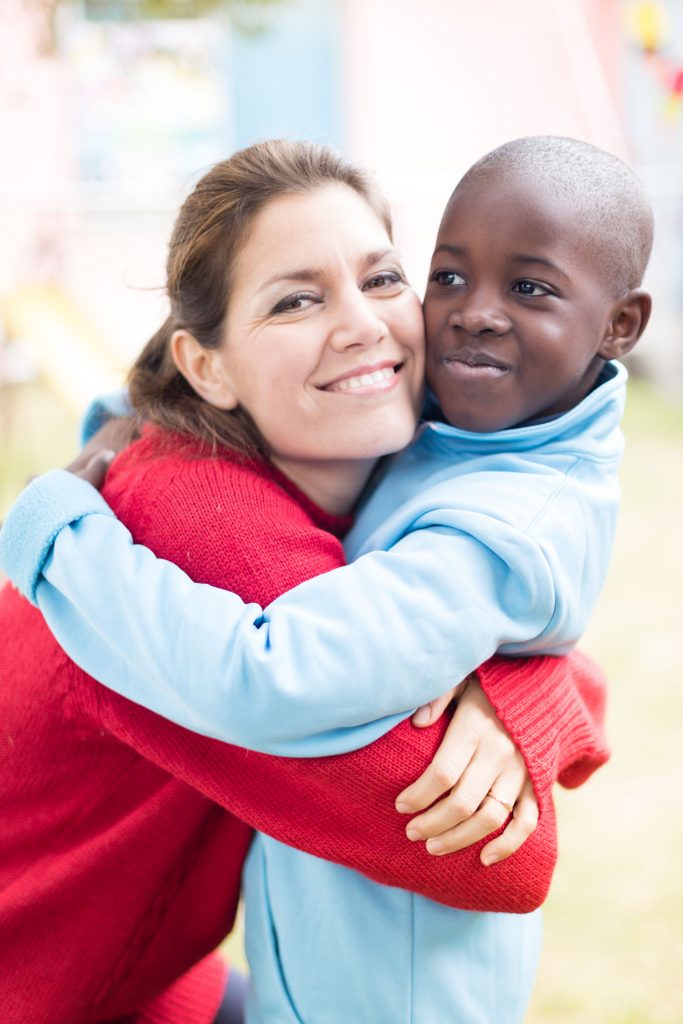 From the “big” problem, others grow Problems. If we dealt with true motivation, we could predict the problems that await this family. For example, codependent family systems may have psychosomatic problems illnesses of foster children (as one of the child's ways of reporting their boundaries). Under Waiting social approval of parents can grow legs for child’s escape into subsequent drug addiction, alcohol addiction or other kinds of ways to get away from the world. In a world where there is no truth and meaning" (the "easiest" option is borderline disorder psyche or OCD). If the child was taken "for my mother, who wants grandchildren", then there are many options, because the child becomes, according to essence - a thing, a gift "for mom ...". Very bright families in which the children were taken as a way for the wife to prove to her husband that she could be ideal mother.
From the “big” problem, others grow Problems. If we dealt with true motivation, we could predict the problems that await this family. For example, codependent family systems may have psychosomatic problems illnesses of foster children (as one of the child's ways of reporting their boundaries). Under Waiting social approval of parents can grow legs for child’s escape into subsequent drug addiction, alcohol addiction or other kinds of ways to get away from the world. In a world where there is no truth and meaning" (the "easiest" option is borderline disorder psyche or OCD). If the child was taken "for my mother, who wants grandchildren", then there are many options, because the child becomes, according to essence - a thing, a gift "for mom ...". Very bright families in which the children were taken as a way for the wife to prove to her husband that she could be ideal mother.
Parents who give birth on their own may have all the same problems. But there is a significant difference: receptionists parents have the opportunity to "surrender" the child back to the state.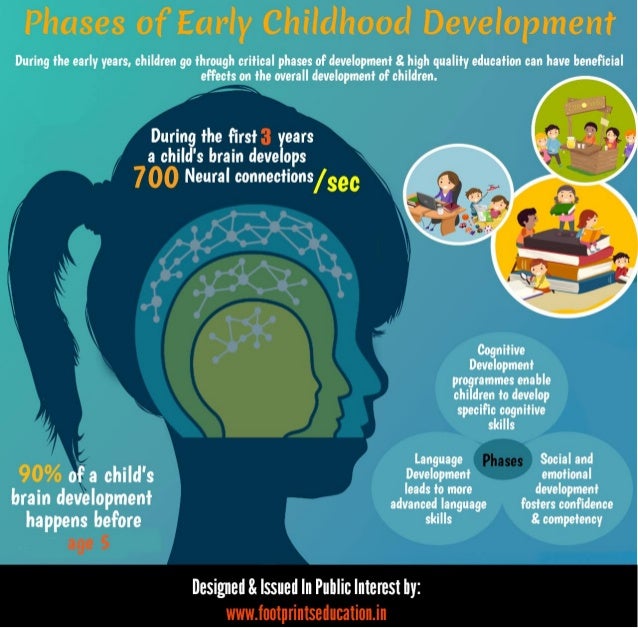 institution. Foster parents always have a way out, uh it means that at the hour of the "worst trash" the output is very visible. You can also give biological children - to your own mother, for example, but no further than one's own family, in the vast majority cases.
institution. Foster parents always have a way out, uh it means that at the hour of the "worst trash" the output is very visible. You can also give biological children - to your own mother, for example, but no further than one's own family, in the vast majority cases.
This long text about what true motivation is foster parents are the core that determines the majority problems: their focus and complexity.
Many books have been written about the adaptation of adopted children. And almost nothing - about the adaptation of foster parents. Assuming, as the true motivation of a foster parent - can be determined and what this family system will face during the period of adaptation. Parents have their own expectations from the appearance of a child, while rarely understanding what they (parents) have psychological limitations and "blind zones".
For 12 years of creation, existence and moderating the "Community of Adoptive Parents" group CIS", a survey on the coincidence of expectations with reality showed that that they do not match even 10%.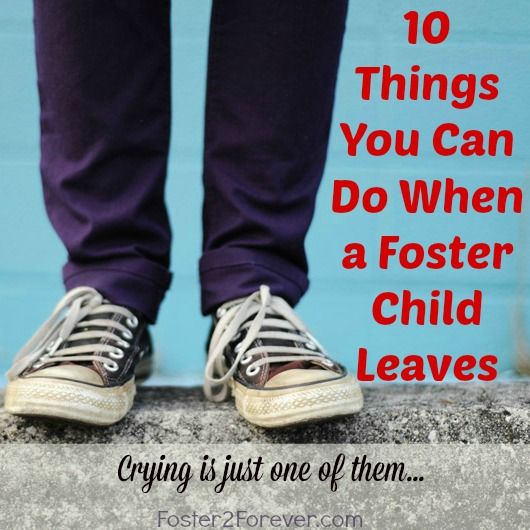 The adaptation of the parents was in different degree of severity in terms of complexity and severity. The problems were about similar, but their subjective living was in each foster family - different. Those. having identified true motivation, we could predict the nature of the adaptation period of foster parents.
The adaptation of the parents was in different degree of severity in terms of complexity and severity. The problems were about similar, but their subjective living was in each foster family - different. Those. having identified true motivation, we could predict the nature of the adaptation period of foster parents.
The age of the child plays an important role, who was taken into the family, as well as the presence of other children. parent not ready to face the fact that the older the child, the more what can be called "you are not from our system." He has other ways to express feelings and deal with them. Some children do not recognize their own feelings at all, but for foster parents this is beyond comprehension. Foster parents during adaptation "breaks the brain" when they see with their own eyes a sleeping cute baby who behaves in wakefulness at all not like a child. This "other coordinate system" of the child has completely different ways of interacting with the world. They don't work just like they do in our system.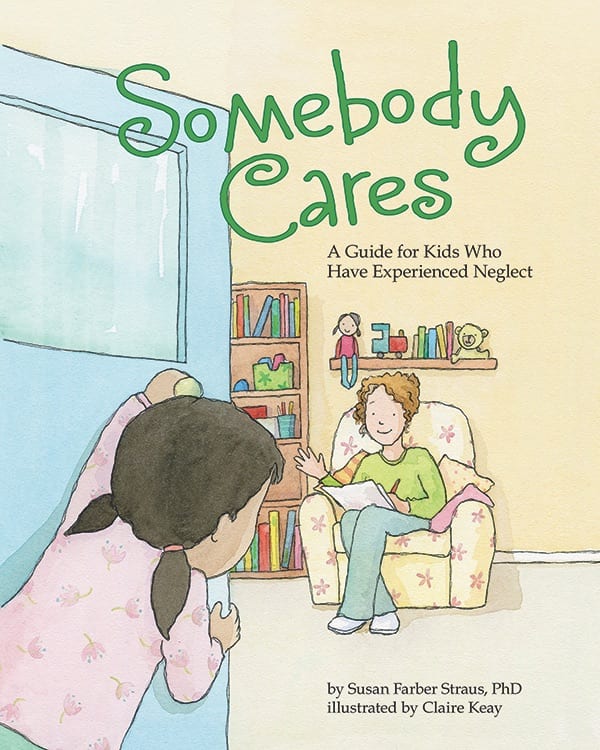 The child does not understand that when they hug him - he should be fine. He fights and spit. "We we will warm him with love" - but what about love in his world, in what distortion from the "healthy" understanding of love and the way to receive pleasure - few people are interested. And the child's psyche cannot but strive to have fun and strive for it by any means. A very small child is categorically against being picked up and bottle fed. He is used to there is one with a bottle of food tied to the bars of his crib. A child of 3-5 years old does not understand why he should do something with someone shares on the playground - in his group "precious" toys received by the one who could kick everyone else away. In the same time the pleasure of the warmth and softness of the skin "not mine" can manifest itself in that the child “bites” into the hand of another person with his teeth. it his way of leaving in the psyche the greatest possible "trace" of this softness and warmth. A child of 7-10 years old may be "pervert", because after getting into a foster family begins engage in a lot and often masturbation in the presence of everyone.
The child does not understand that when they hug him - he should be fine. He fights and spit. "We we will warm him with love" - but what about love in his world, in what distortion from the "healthy" understanding of love and the way to receive pleasure - few people are interested. And the child's psyche cannot but strive to have fun and strive for it by any means. A very small child is categorically against being picked up and bottle fed. He is used to there is one with a bottle of food tied to the bars of his crib. A child of 3-5 years old does not understand why he should do something with someone shares on the playground - in his group "precious" toys received by the one who could kick everyone else away. In the same time the pleasure of the warmth and softness of the skin "not mine" can manifest itself in that the child “bites” into the hand of another person with his teeth. it his way of leaving in the psyche the greatest possible "trace" of this softness and warmth. A child of 7-10 years old may be "pervert", because after getting into a foster family begins engage in a lot and often masturbation in the presence of everyone.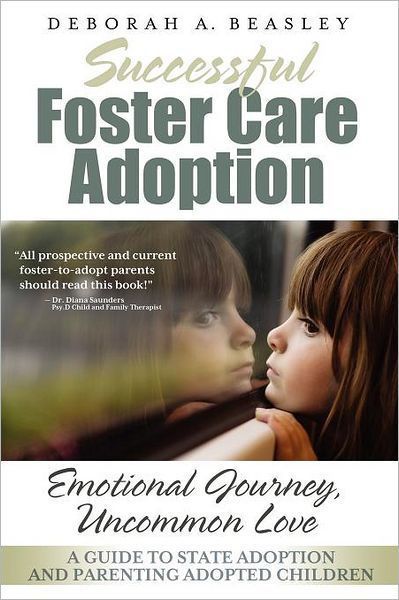 Not many people who understands that love is in the system of this child (what is pleasant, close and in sooooo distant memories it looks like where it was calmly) can be obtained for one's own psyche only so.
Not many people who understands that love is in the system of this child (what is pleasant, close and in sooooo distant memories it looks like where it was calmly) can be obtained for one's own psyche only so.
When a child enters a foster family, manifest symptoms of a previous life. He doesn't have nothing but that system of perception and interaction with the world that his psyche was able to build there and then.
Of course, there are children who do not have such "wild" manifestations, from the point of view of the usual understanding. But what does the foster family usually do when children do this kind of thing? As an option: in family systems, where very strict rules behavior - children are forced to obey the rules under pain of physical punishment, for example. Or deprivation of the same "precious" toys (or objects).
In 2000-2012 huge popularity used among foster parents (at the suggestion of social psychologists) the method of Nancy Thomas, who believed that the violation attachments in adopted children should be treated by forcibly holding a child in an embrace, regardless of how the child feels and behaves.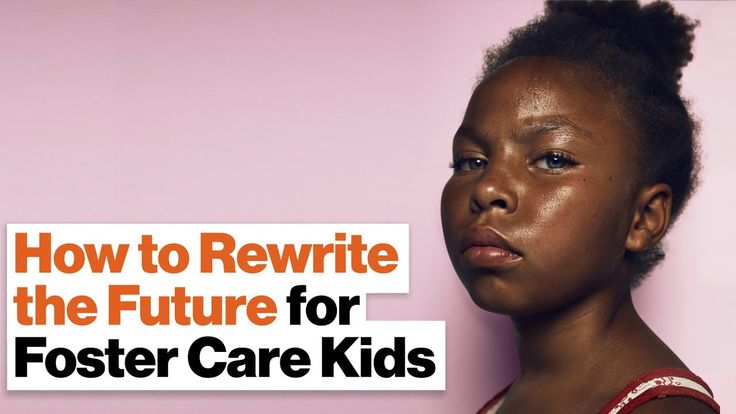 In 2012 this technique was considered violent. This method can be called "violence "love". The psyche of the child is mobile, it has a chance to change, readjust. But, like any living thing, it needs time to adaptation. If you try to make changes by force, hard, quickly - it has every chance of breaking.
In 2012 this technique was considered violent. This method can be called "violence "love". The psyche of the child is mobile, it has a chance to change, readjust. But, like any living thing, it needs time to adaptation. If you try to make changes by force, hard, quickly - it has every chance of breaking.
Potentially healthy foster family – a family in which there is a balance between understanding what a child should be time for adaptation (and expressing it in ways that currently possible), and learning how it can be different, as is customary in this family system. The child needs give time and give a border (“if you want to scream, scream, but break doors you can’t, there will be such consequences”), support (“you can show my feelings like this, as I do, for example, I do. Then I can understand and help you. As practice shows (and says literature) the child needs time to adapt: his time in adverse conditions, multiplied by one and a half. Those. if the child three years old, he was adopted by a foster family at that age, then about the end of his adaptation can be spoken in his four and a half of the year.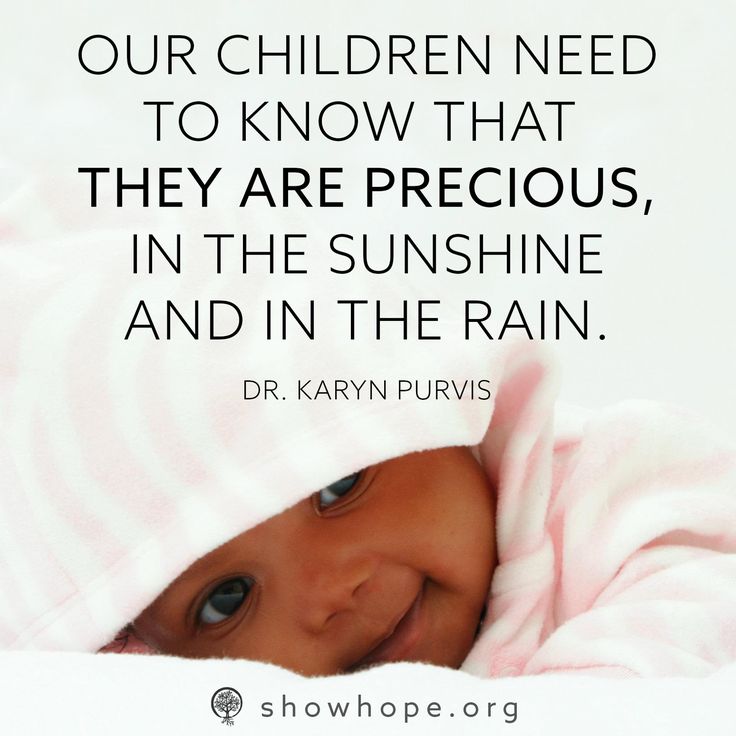 Of course, provided that the adaptation of the parents happened successfully.
Of course, provided that the adaptation of the parents happened successfully.
approx. The family survived the adaptation of the child, the family system was rebuilt to accommodate the new family member. live relatively good and happy. What's next?
And then comes that which is feared and parents of "self-made" children: puberty.
Everything that has grown in a child over time finding a child in a foster family, everything that is invested by labor foster parents (on the “core” of true motivation), suddenly the child is sabotaged. And if "blood" children can talk about that “you are no mother, I don’t need you,” then in foster children there is a similar phrase for this, but hitting harder: “you are not my mother, I have the real one. I don't need you, I'll find my own." Those. the foster parent not only lives with the fear that he may to leave, so also the fear that they will go to where he “saved” him from. To understand what it remotely looks like: a man who left women (just left somewhere) and a man who went to another woman (“how can she be better than me?”).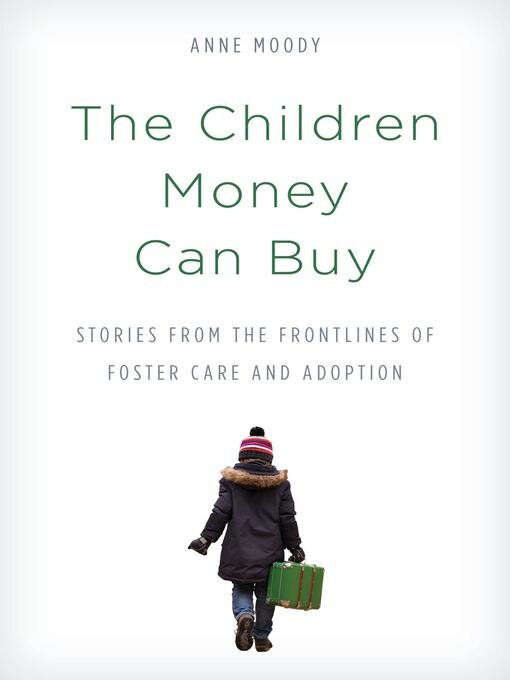 An example may not very correct, but very close to what they can experience foster parents, when they hear the above written text from foster parents children.
An example may not very correct, but very close to what they can experience foster parents, when they hear the above written text from foster parents children.
And this is where the “meeting” happens adoptive parents with biological. The child who came out of his "blood" family system (which he hardly remembers real), passed through the system of a state institution, came to family system of foster parents. Long haul. Which is obliged will end with the "betrayal" of the foster family in order to separate into own separate life. In order to leave, you need to create the image of a "bad" parent (getting it, wrong, fig). But at the same time, like any other psyche, it is necessary to find, determine and take what is called "belonging". And everything would be fine, but only to whom belongs “inside” this young man or this girl: “WHOSE I? WHERE DID I GET OUT? WHO IS MY PACK? Young people feel great that “I am my mother and father, whatever they are” during this period. And this time is an exam for foster parents.
If you talk all your life that the biological parents of the child are bad, then the teenager is in puberty will take this "drawn" image. He will be able accuse the adopters of being bad themselves, because talking about him parents are bad. And if he is “from the bad”, then he himself is ready to become like, "because these receptionists are nobody to me." Children can start idealize biological parents, ascribe to them what is reality never existed. IMAGE of the biological parent in puberty teenager grows up "in all its glory and in the whole height" from what they "fed" the child in the foster family, saying (or not speaking, but non-verbally showing) about biological parents. And if he was fed condemnation of his biological parents, it can be assumed that the true motivation of foster parents was built solely on selfish motives, with caring only for yourself and for yourself.
Of course, from social understanding - "good parents don't abandon their children. But if you measure “goodness” by social-mass concepts, then the personal, individual, private. No one can know exactly why this the biological mother had a situation in her life that she accepted decision to leave this child. Nobody was in her shoes. Does not know her true motivations, and not "visible and written on some paper” when she abandons the child (remember at the beginning of the article that what the adoptive parents wrote in the questionnaires when they wanted to take the child, in the column "Your motivation for creating a foster family"). Nobody it is not known what was in the family systems of biological parents before how these two people became adults and had a baby. It is not known - why they did not cope with their family life and/or your own life.
No one can know exactly why this the biological mother had a situation in her life that she accepted decision to leave this child. Nobody was in her shoes. Does not know her true motivations, and not "visible and written on some paper” when she abandons the child (remember at the beginning of the article that what the adoptive parents wrote in the questionnaires when they wanted to take the child, in the column "Your motivation for creating a foster family"). Nobody it is not known what was in the family systems of biological parents before how these two people became adults and had a baby. It is not known - why they did not cope with their family life and/or your own life.
If, indeed, to reason and explain so, then you can at least somehow convey to the child the thought: what biological parents left him - it was the best they could for him to do at that moment. This will enable the child to take the fact that there are no uniquely good or uniquely bad people. That he is not the culprit of the fact that he was abandoned.